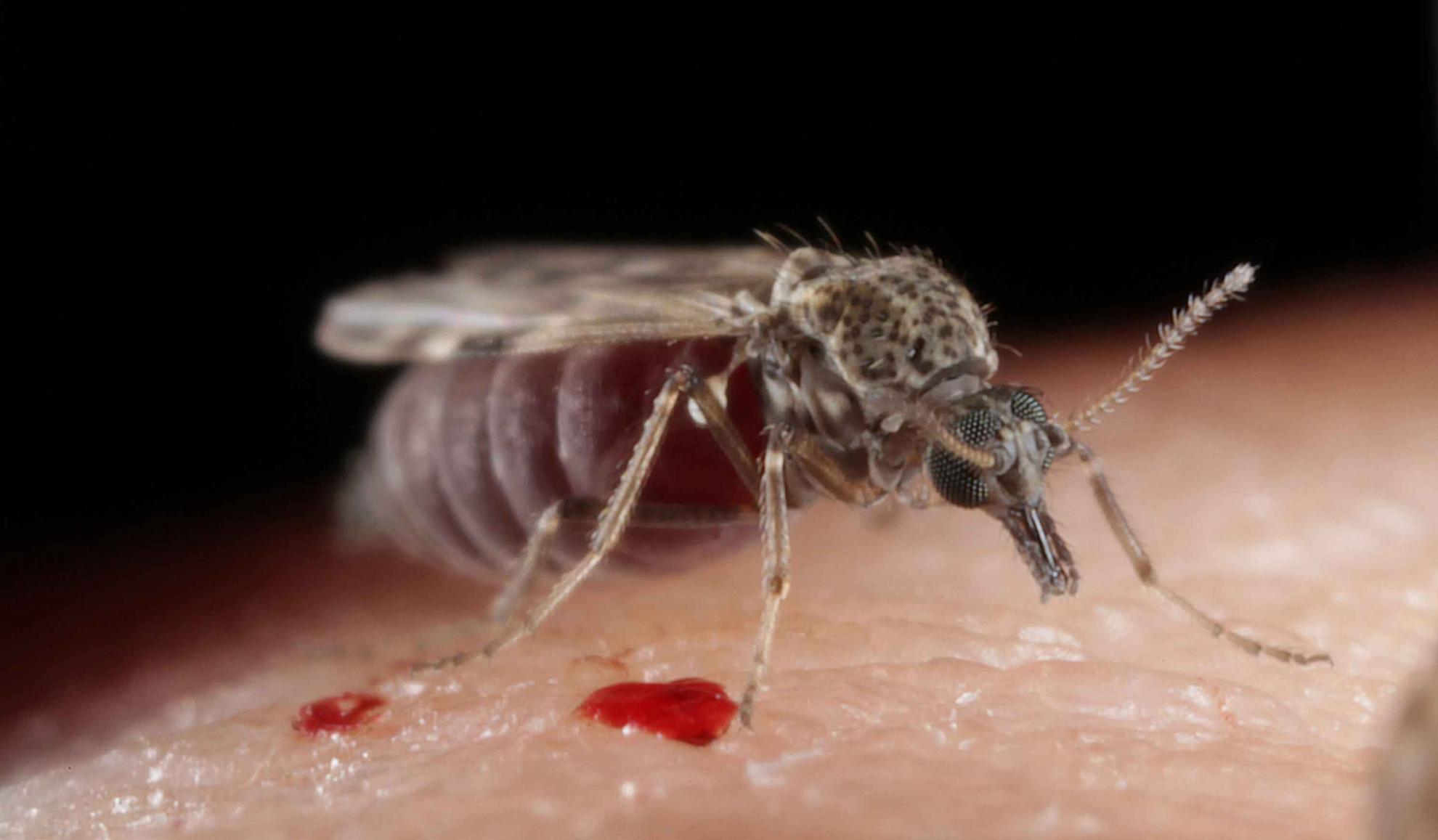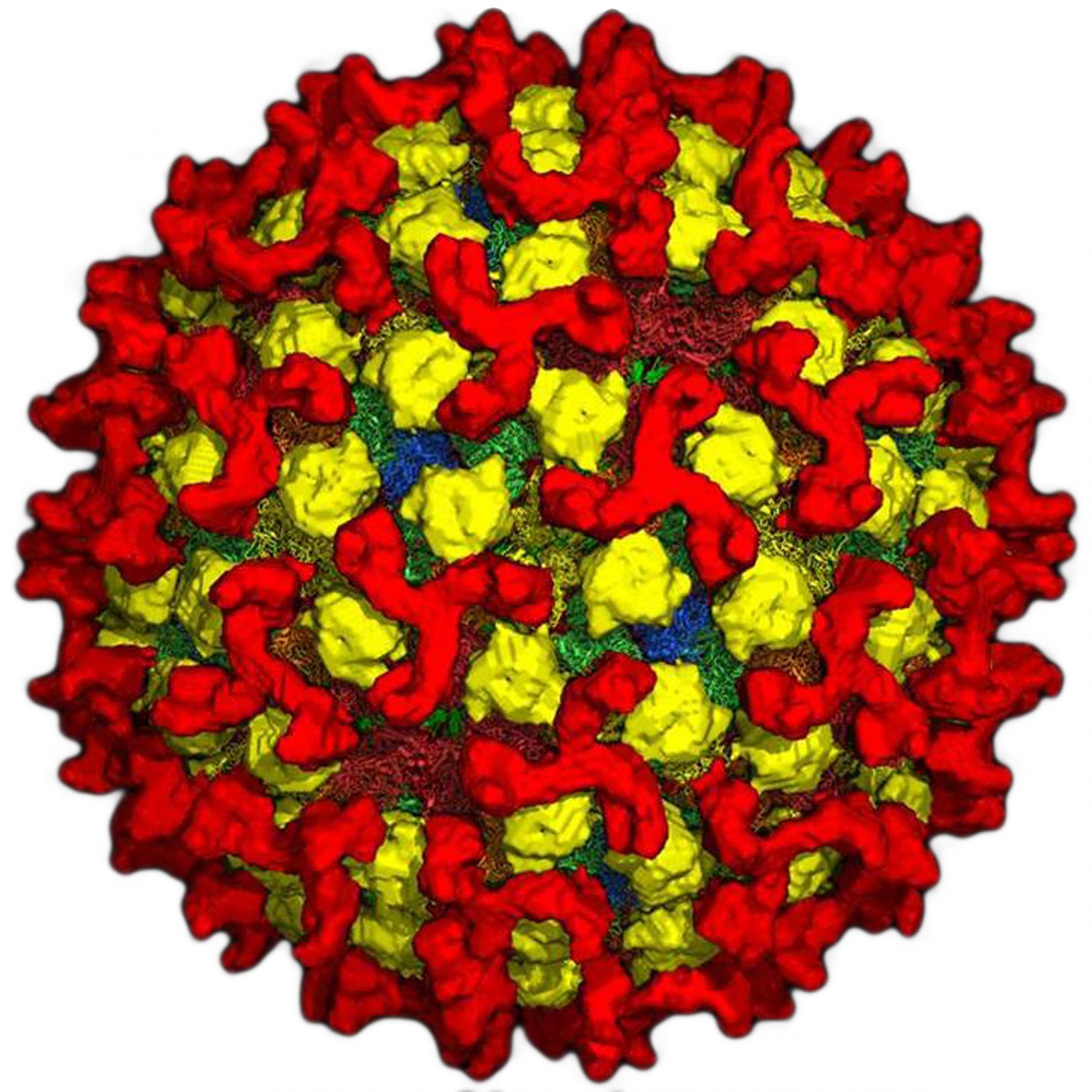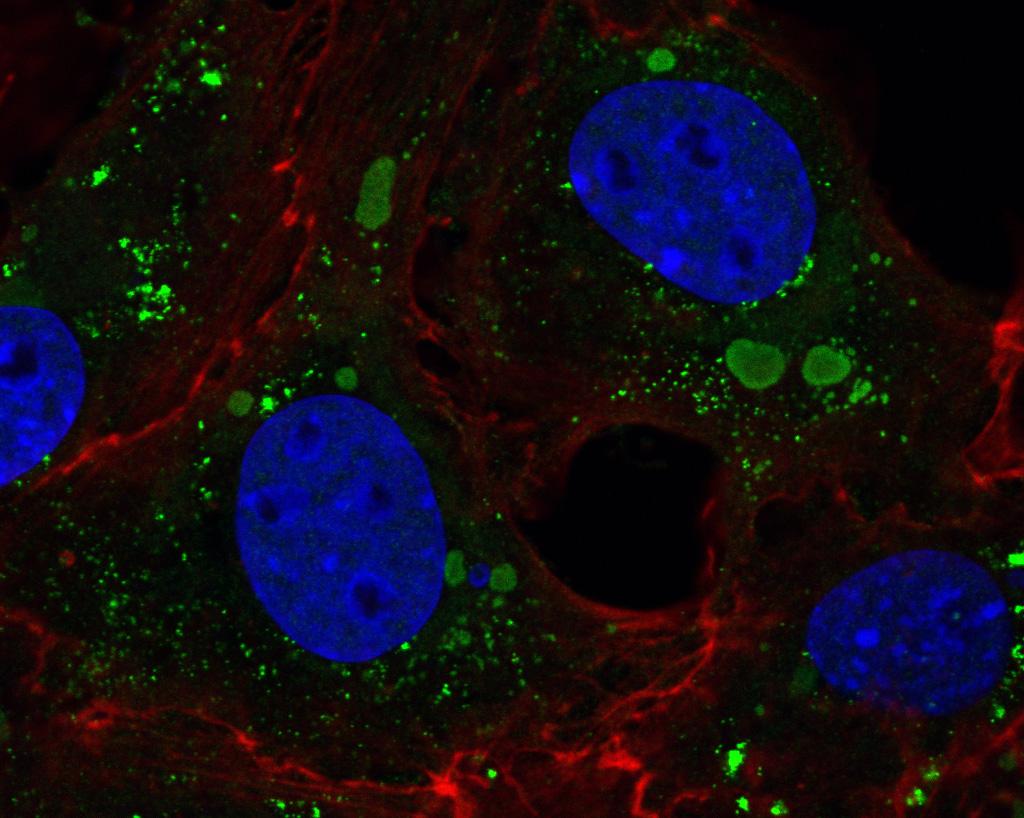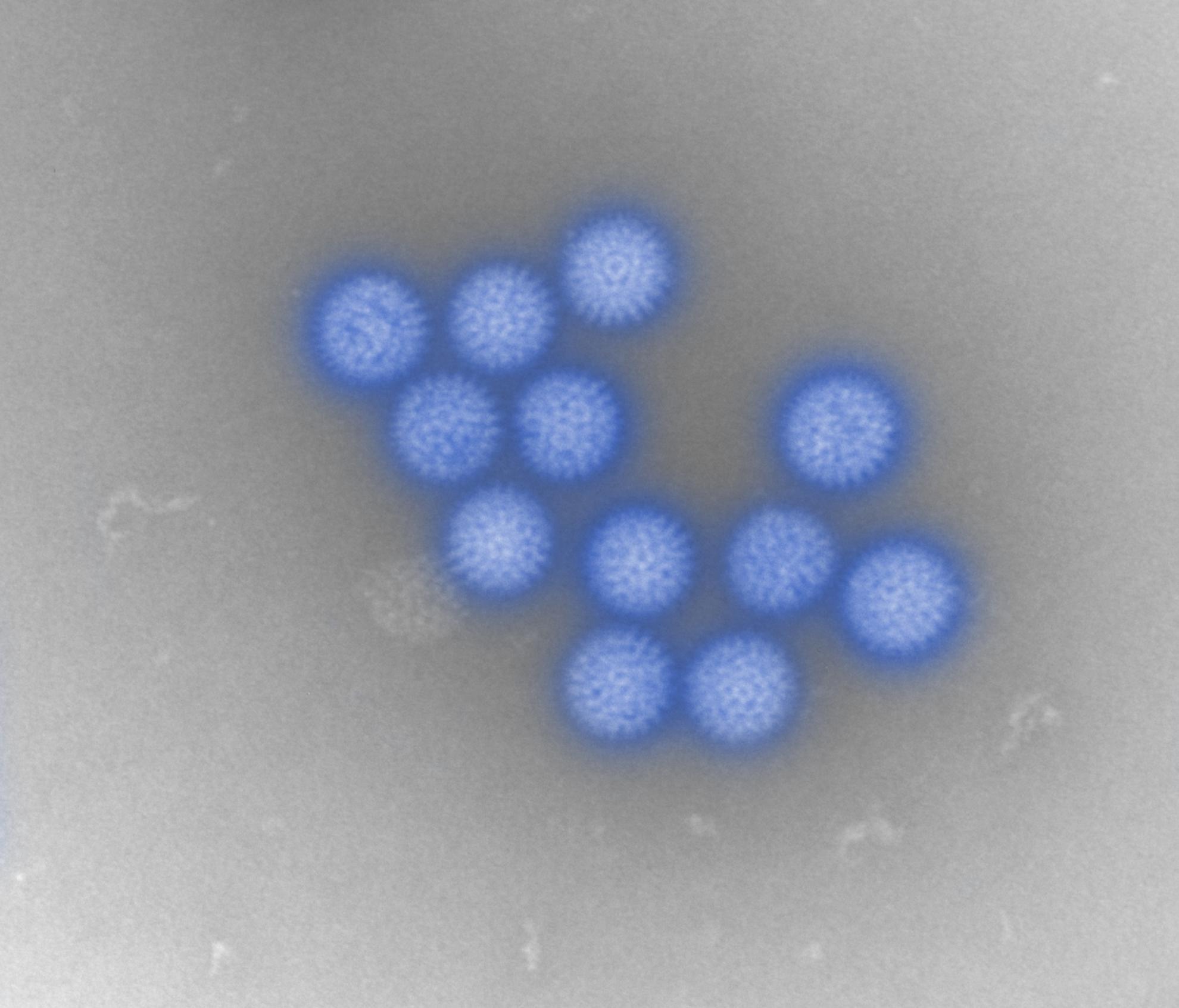Identification and characterization of epizootic hemorrhagic disease virus serotype 6 in cattle co-infected with bluetongue virus in Trinidad, West Indies
Epizootic hemorrhagic disease virus (EHDV) is an economically important virus that can cause severe clinical disease in deer and to a lesser extent cattle. This study set out to determine and characterize which EHDV serotypes were circulating in Trinidad. Serum and whole blood samples were collected monthly for six months from a cohort of cattle imported to Trinidad from the USA. Results revealed that all the cattle seroconverted to EHDV within six months of their arrival, with EHDV RNA being detected in the samples just prior to antibodies, as expected. Serotyping assays revealed that a single serotype (EHDV-6) was circulating in the cattle. Sequencing of the surface viral protein (VP2) of EHDV-6, followed by phylogenetic analysis, revealed that the Trinidad EHDV-6 strain was closely related to EHDV-6 viruses found in Guadeloupe (2010), Martinique (2010) and USA (2006), with 96–97.2% nucleotide identity. The Trinidad EHDV-6 VP-2 shared 97.2% identity with the Australian EHDV-6 prototype strain, classifying it within the eastern topotype clade. Bayesian coalescent analysis support Australia as the most probable source for the EHDV-6 VP2 sequences in the Americas and Caribbean region and suggests that the they diverged from the Australian prototype strain around 1966 (95% HPD 1941–1979).



